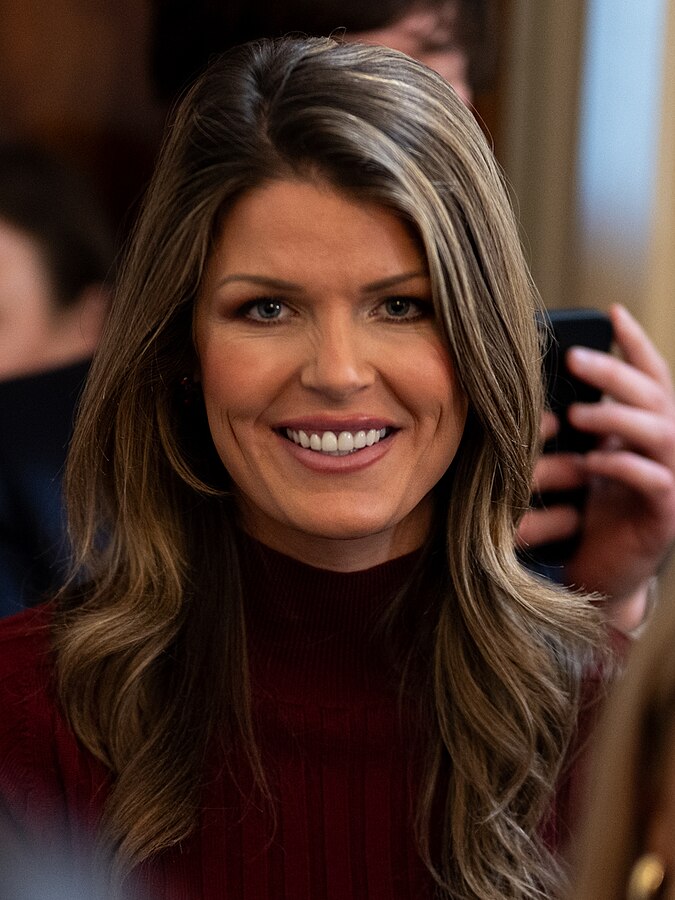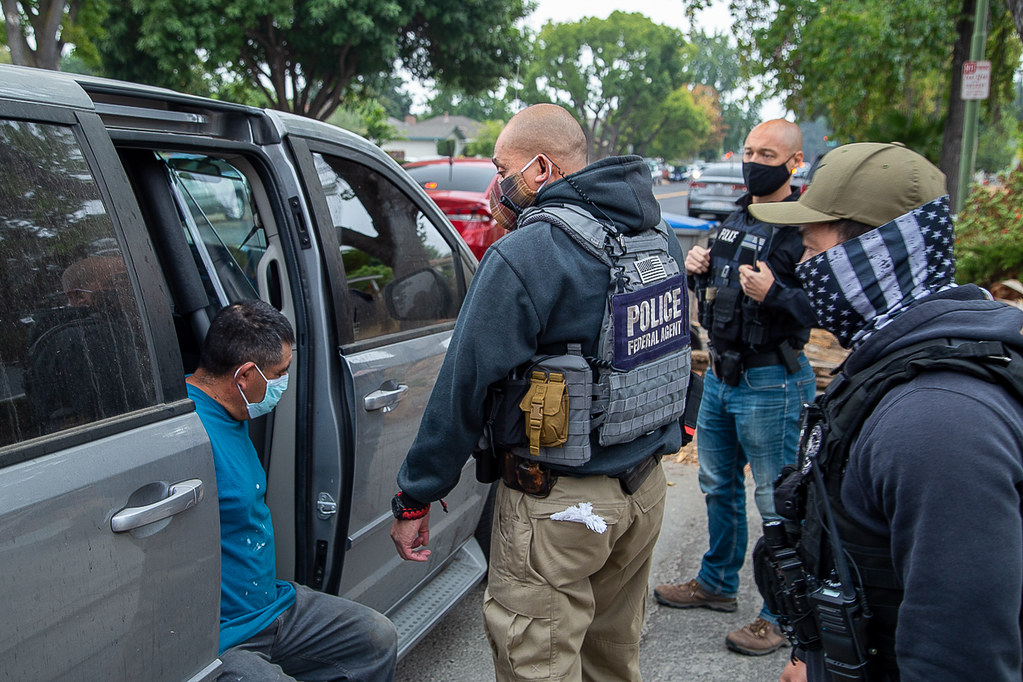
DEA Administrator Michele Leonhart was apparently critical of President Obama’s recent remarks about marijuana in a closed-door session with the Major Counties’ Sheriff’s Association in Washington last week, according to an article in the Boston Herald on Saturday. She received a standing ovation.
Exactly what she said and how critical she was has not been made public. She expressed frustration over the administration’s response to legalization by Colorado and Washington primarily because of the mixed message that it sends to high school aged kids.
DEA spokesperson Dawn Deardon “clarified” the Administrator’s remarks by stating that they were not against the President. In other words, don’t fire her for expressing semi-privately what law enforcement officers are saying openly—that President Obama’s remarks were irresponsible and erroneous.
The President’s remarks were made to an interviewer for The New Yorker’s January 27 issue. He gave his opinion that marijuana is no more dangerous than alcohol and even less so in terms of the health effects on an individual. He freely admitted smoking pot as a kid, a habit that was “not something that I encourage…a waste of time, and not very healthy.”
Setting aside the issue of the wisdom of the recreational use by adults, the problem with his gratuitous opinions especially for law enforcement observers and those who counsel teen agers is twofold. They contribute to the confusing chaos of the nation’s marijuana laws and their enforcement. And they send the message to American teens that smoking pot is no big deal. After all, if Obama did it regularly and grew up to be President, how harmful can it be?
The President’s favorable opinion on legalization in Colorado and Washington throws fuel on the fire of the inconsistent mess of America’s laws on the use and distribution of marijuana. Less than two decades ago it was illegal everywhere in all forms. In 1996 California legalized “medical marijuana” and 19 other states have followed suit.

Ten years ago “recreational” use of marijuana was illegal. Since then personal use decriminalizations have been instituted in Alaska, Massachusetts, Delaware, Rhode Island, Colorado and Washington. The legislation in the latter two states is particularly significant since it legalizes possession, distribution, and cultivation with some conditions. Moreover, proposed legislation, pushed by well funded lobbyists, is pending in more than a dozen states plus Congress to escalate this trend.
Meanwhile marijuana is illegal in all forms in the United States Code and is treated as a serious crime in many states.
The Attorney General announced last summer that DOJ would not challenge medical or recreational use state statutes but would continue to concentrate on large traffickers and demand reduction for children.
But this inconsistent dual enforcement federal system makes no sense to someone who has to make moral and practical decisions about their own conduct. It is even more problematic for prosecutors and law enforcement agents in doing their jobs. One federal agent from Los Angeles told me recently that the legalization trend and the uncertainty were seriously undermining public respect for the drug laws in general and those charged with enforcing them.
Then, too, there are the perplexing problems of jury nullification for front line prosecutors, plea and prosecution guidelines for U. S, Attorneys, sentence guidelines and imposition choices in particular cases for federal judges.
Perhaps more aggravating about the President’s seemingly offhand comments is the shrugging, luke warm advice that he gives to kids. Have you considered, Mr. President, that the highly potent weed today poses vastly greater hazards to kids than the 2% THC stuff that you smoked?
A lot of people in the field think that using today’s marijuana has the potential for reducing young users’ intellectual ability, robbing them of motivation, lowering their ability to concentrate, and aggravating emotional problems and mental conditions. Your tsk-tsking attitude undercuts the life’s work of teachers, parents, counselors, and health professionals.
And, for God’s sake, will some qualified person do a legitimate study to test his assertion that poor kids and children of color are suffering the unduly harsh penalties of jail as a result of petty marijuana offenses, i.e., those not connected with distribution and other crimes?
Assuming that was once the case, I have serious doubts that police and federal agents are doing that today. To the contrary, my impression is that they, along with drug courts and other professionals, are fighting an uphill battle to get treatment for the increasing number of users who need help. The upward trend in the hospital emergency room admissions supports the need for this kind of intervention. And more.
So, Mr. President, my kids think you are cool and pay attention to what you say. But, if you don’t mind, I would prefer that you not give them advice on why they shouldn’t smoke pot. It’s more than just a bad habit and a waste of time.
And Administrator Leonhart, bravo for some truth-telling. Have the courage of your convictions in a city where that is a rarity.
If it costs you your job after such a distinguished law enforcement career, you will always have the respect of thousands of us who admired you for standing up and saying what you believe.





